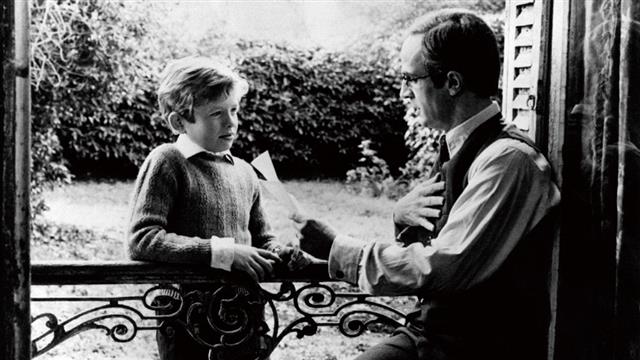27 April 2015
Dear K.,
I always consider it's a great flattery to a person if his letter is read. You have therefore greatly and doubly flattered me when you told me you've recently re-read all my previous letters.
Subsequent readings usually hold up as in a mirror or microscope the foibles and follies of one's hasty jottings. You must have found many in my past ramblings but were so kind to only enquire of why management was likened to performance art.
Management in general and university administration in particular have indeed a lot in common with what one does on the stage.
We don't need to go over the basic tenet that a university is academically-led and humble executives like us are in the supporting or even supernumerary role. The stage is not ours, make no mistake about it, but we're still on it.
First, you don't enter on the stage with a flourish. (I'm sure you don't want that anyway.) But you do need to make your presence felt, to be true to your part. I have heard colleagues complain about newcomers not showing much care or commitment to their work. To avoid that misconception, you can consider putting some personal items, a family photo or a souvenir, in your office or cubicle to suggest that you do plan to hang around for a bit longer than your statutory probation period.
Every aide-de-camp must have his aides-mémoire. And you need some props to ply your trade with. Call it compulsion, but I would feel cheating and naked without a pen to twirl around my fingers. Never go into a meeting or your supervisor's office without pen and paper, or an iPad for that matter, unless you are pretty sure you are invited in for tea.
Next is costume, or how to dress like an executive. Proper attire in the office is more complicated than it seems and I don't think I have anything sensible to say except, perhaps: always over-dress a little. That shows you take the job—the place and the people—seriously. If you don't invest in a tie, as many young men don't these days, at least invest in a decent shirt. When it comes to dressing for work, it's better to err on the upside.
When you have to exit the stage temporarily, you take leave, of course. But you should be aware of a few unspoken codes about leave-taking that work much like the stage directions in a script.
Planned holidays spanning many days should be made a fuss, though tactfully. Make sure people know where you're going and remember to bring back edibles as proof and a gesture of goodwill, that the rest of the office is not completely out of mind when you're vacationing.
Half-day leaves are more delicate, for it easily conjures up the thought that the leave-taker might, just might, be going to a job interview. If you are, I wish you all the best; if you are not, do something to dispel the notion. There is no obligation to give reason, but it's always good to tell or allude to your boss to subtly reaffirm your loyalty.
In contrast to your inauspicious entrance, you will normally get a fair curtain appearance when your final act is done. Nothing obsequious or melodramatic. It will most likely take the form of a farewell feast. But you'd be surprised by the sheer volume and genuineness of well-wishing and appreciation showered on you, sometimes from unexpected quarters. Well, that's the beauty of the stage. Our stage.
Yours sincerely,
H.


